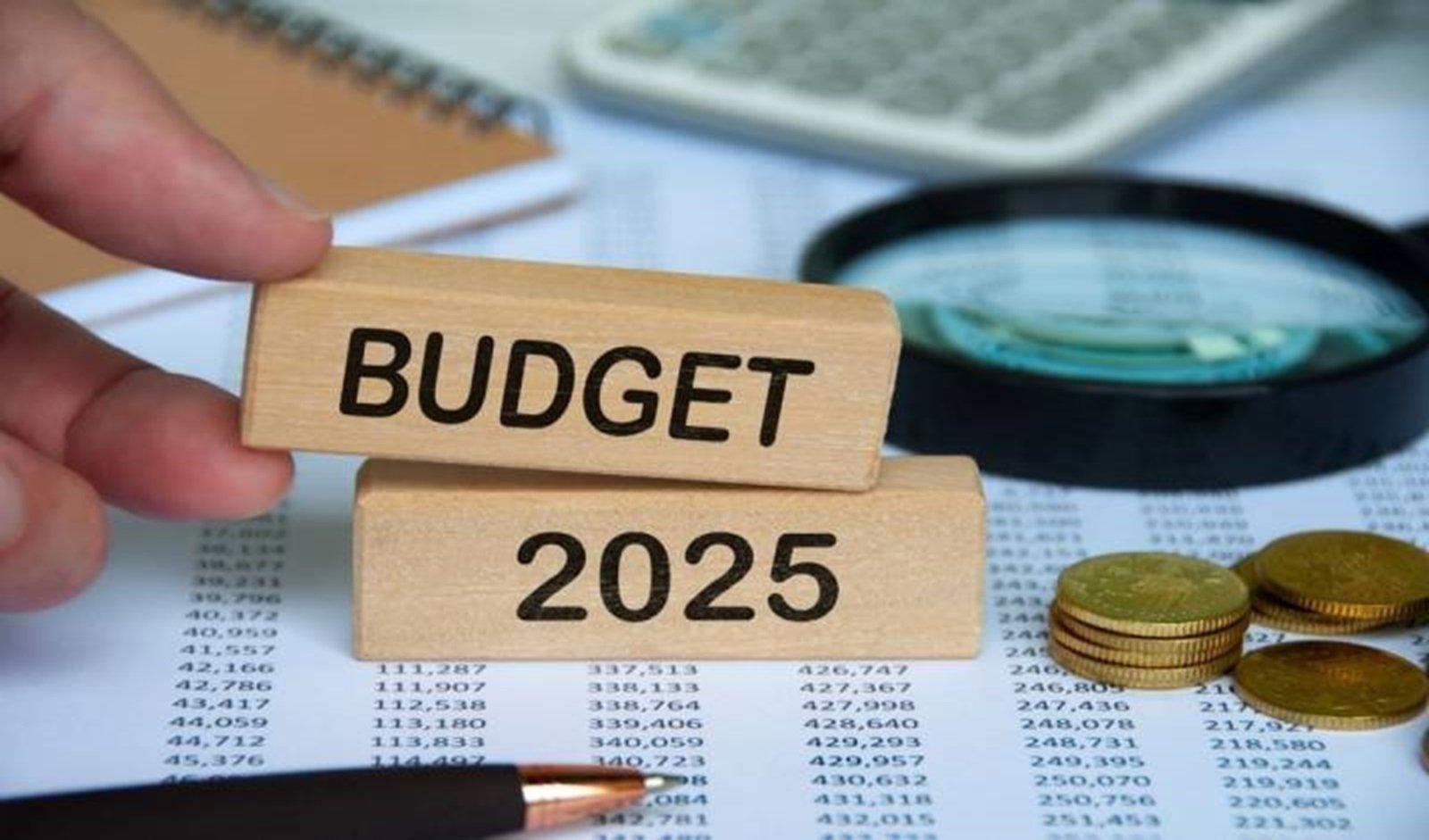The 2025 Union Budget has brought a wave of strategic financial shifts aimed at driving economic growth, enhancing capital markets, and fostering innovation. For retail and institutional traders, the announcements in this year’s budget are more than just numbers—they mark a turning point in market dynamics. From new taxation policies to regulatory reforms and capital market infrastructure upgrades, traders across the board must adapt to a fast-evolving landscape.
In this blog, we explore the key highlights of the 2025 Budget and their implications for both retail and institutional traders.
1. Capital Gains Tax Reforms
One of the most anticipated changes in the 2025 budget was the revision of capital gains tax rules. The government has introduced a harmonized tax structure for listed and unlisted securities to remove discrepancies that previously confused investors. For short-term capital gains, the rate remains at 15%, but long-term capital gains above ₹5 lakh now attract a marginally higher rate of 12% instead of 10%.
Impact on Traders:
Retail traders with limited volumes may feel the pinch of higher taxes on long-term holdings.
Institutional investors, especially those managing large portfolios, will need to reassess asset allocation and holding periods to optimize returns post-tax.
2. Introduction of Real-Time Taxation Tracking
The government has implemented real-time tracking of capital market transactions via PAN-linked trading accounts. This step ensures better compliance but also brings more visibility into trading behavior.
Impact:
Retail traders must maintain cleaner books and expect quicker scrutiny.
Institutional traders with high-frequency trading desks will likely automate tax impact calculations in real time.
3. Boost to SME and Start-up Listings
The budget introduced incentives for SMEs and start-ups to list on domestic exchanges, including tax holidays and faster regulatory approvals. This move aims to deepen capital markets and diversify investment options.
Impact:
Retail traders gain access to fresh, high-growth opportunities through SME IPOs.
Institutional traders may find value in early-stage investments and venture-focused index funds.
4. T+0 Settlement Pilot Rollout
In a bid to improve liquidity and investor confidence, SEBI is rolling out T+0 settlement cycles on a pilot basis. This means trades will settle the same day, reducing counterparty risks.
Impact:
Retail traders benefit from quicker access to funds and shares.
Institutional desks will need to upgrade tech infrastructure for real-time reconciliation and risk control.
5. Increased STT on Derivative Trades
To curb speculative trading, the Securities Transaction Tax (STT) on options and futures has been marginally increased.
Impact:
Retail options traders might feel a squeeze on their thin-margin strategies.
Institutions may shift more capital toward cash equity or overseas derivatives for better tax optimization.
6. Government Push for Retail Participation
To encourage household participation in equities, the budget has proposed:
Zero tax on dividend income for retail investors up to ₹50,000 annually.
Revised 80C deductions to include select equity investments.
Impact:
A surge in new retail investor accounts and monthly SIPs.
Institutional traders can expect higher volatility during earnings seasons due to retail-driven sentiment swings.
7. Regulatory Clarity on Crypto & Digital Assets
For the first time, the budget gives a clear regulatory structure for crypto and digital assets:
30% flat tax remains.
But new rules allow carry forward of losses for up to 2 years.
Institutional custody services have been officially recognized.
Impact:
Retail crypto traders now get clarity on how to treat profits and losses.
Institutional funds may now enter the market with clearer guidelines, boosting liquidity.
8. Enhanced Data Infrastructure & APIs
To support algorithmic and AI-based trading, the government announced the National Financial Data Grid (NFDG) and open-access APIs for capital markets.
Impact:
Retail algo traders will enjoy access to low-cost data.
Institutional investors will benefit from seamless integration with exchanges and enhanced backtesting abilities.
Conclusion
The 2025 Budget marks a transformative era for Indian capital markets. While some measures may increase compliance pressure and taxes, others open up exciting new opportunities—especially for those who are quick to adapt.
Both retail and institutional traders must now recalibrate their strategies in line with this budget. The clear message from the government is: compliance, digitization, and long-term investing are the future. The markets may remain volatile in the short term, but for savvy investors, the 2025 Budget could be a launchpad to smarter and more informed trading.







